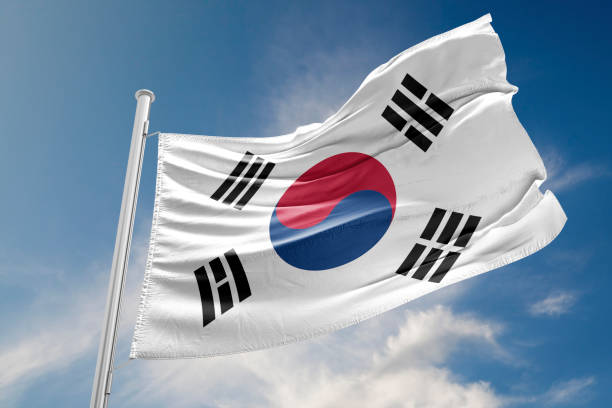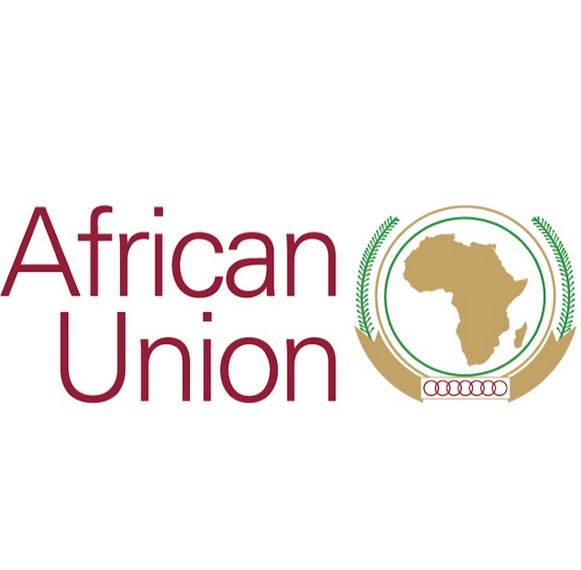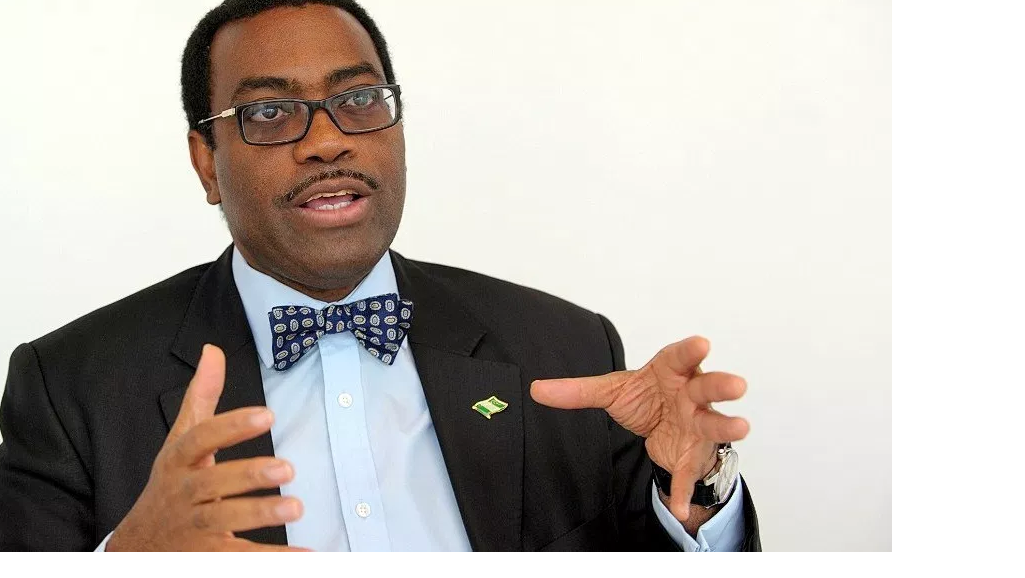Foreign News
ADB Approves 400m to Support Education Reforms in Sri Lanka

The Asian Development Bank (ADB) on Tuesday said it had approved 400 million dollars in loan to support Sri Lanka’s government in reforming its education system to meet the demand for highly skilled workers.
ADB Principal Social Sector Specialist for South Asia Uzma Hoque said this in a statement in Manila.
According to the Manila-based bank, the Secondary Education Sector Improvement Programme will support reforms under Sri Lankan government’s General Education Sector Development Plan for the 2020-2025 period, which focuses on upper secondary education.
The programme is expected to benefit about 953,000 students annually, the ADB added.
According to the bank, the programme will equip the young population with knowledge and skills in science, technology, engineering, and mathematics, and commerce, which are fields of high economic relevance for Sri Lanka.
The ADB said the programme also focuses on improving teaching quality and teachers’ training given the importance of quality of teaching and method of instruction on learning.
More than 47,000 upper secondary education teachers will be trained on inquiry-based and interactive learning approaches to increase student interest and engagement with subject content and inspire a love of learning, the ADB said.
“A knowledgeable, agile, and skilled workforce that can leverage technology transfers and steer innovations could support Sri Lanka’s economic diversification and put Sri Lanka on a higher growth path,” Uzma said.
“The aim is to equip students with market-relevant skills and foster competencies that allow them to think critically, apply what they learn and adapt, which are key traits needed to survive and thrive in the modern world of work,” she said.
Foreign News
Tinubu Reaffirms Commitment to Protect Nigerian Children

By Ubong Ukpong, Abuja
President Bola Tinubu has expressed commitment to the development of children in the country.
He said this at the launching and public presentation of a new book titled The Power of a Teenager: 50 Ways to Inspire Change, written by Chairman of the Public Accounts Committee, House of Representatives, and Founder of the Children of Africa Leadership and Values Development Initiative (CALDEV), Rep.
Bamidele Salam on Thursday.Tinubu, who was represented by the Senior Special Assistant to the National Assembly, House of Representatives Liaison, Dr. Ibrahim Olarewaju, commended Salam for his dedication to youth development.
“You may not fully understand the impact of what you are receiving now, but tomorrow you will see what.
Hon. Bamidele Salam has done in your lives,” he said.He urged all attendees to make a personal commitment to shaping the minds of young Nigerians, stressing that while Salam funded the initiative personally, the greater task lies in mentoring and guiding the nation’s youth.
The Vice President, Kashim Shettima, described the launch as a clear demonstration of the potential of Nigerian children.
Represented by Senior Special Assistant, Dr. Kingsley Uzoma, praised Salam for aligning his work with the administration’s vision for youth empowerment.
“This initiative speaks directly to the leaders of tomorrow,” he added, commending both the organisation and the children participating in the programme.
Chief of Staff to the President, Femi Gbajabiamila also lauded Salam’s efforts.
“Nigerian children are the future of this nation. Even though they are young, we are looking to them to take this country to where it should be,” he said.
Gbajabiamila commended Salam for consistently producing the book annually, calling it a testament to leadership and commitment.
“Leadership may be inborn or thrust upon you, but there must be someone to guide you. That is what this book is doing—it provides the guidance our young people need,” he said, urging children to read and internalise its lessons.
Speaking at the event, Rep. Bamidele Salam shared the story of how CALDEV was founded in 2015 to fill a gap in Nigeria’s educational system.
Unlike in other countries, he said, leadership training is rarely embedded in the curriculum. Through CALDEV and its flagship National Children’s Leadership Conference, children gain practical exposure to leadership, public speaking, and community service.
Many past participants have gone on to start NGOs, run radio programmes, and lead campaigns addressing early marriage, child labour, and other social issues.
“This year, about 400 children are participating, and the impact has been phenomenal,” Salam said. He urged state governments to replicate the initiative at the state level to provide young people across Nigeria with intensive leadership training. Highlighting the large participation from Borno State, Salam said that properly trained and nurtured children could become agents of change, promoting peace, tolerance, education, and societal development.
Minority Leader of the House of Representatives, Kingsley Chinda, lauded Rep. Bamidele Salam for his dedication to youth development through the newly launched book.
Chinda expressed pride that a member of the House is actively shaping the future of Nigerian children.
“As members of the House of Representatives, we hold our heads high today that one of us is doing this. We are very, very proud, and we pray that this inspiration should flow through every other member of the House,” he said.
Chinda noted that the legacy of leaders and thinkers is remembered not for wealth but for wisdom and the knowledge they left behind.
“When we see initiatives like this, these are the things worthy of celebration,” he said.
Member of the House from Borno State, Zainab Gimba, said,”We have come because we are celebrating not just a book today when they had an imagination behind it. I actually commend for shining the compassionate and bright lights of our teenagers.
“He has given our young people a voice that others will also step on the same foot, so that our teenagers will be empowered, not in this generation, but in future generations to come.”
Foreign News
Ex-South Korean President Yoon Charged with Aiding Enemy State

Former South Korean president Yoon Suk Yeol, currently in jail after being impeached and removed from office, has been charged with additional offences, including supporting an enemy state.
The prosecutors said this on Monday.
Yoon, 64, is accused of attempting to provoke a military conflict between South and North Korea by covertly sending drones into the North, in an effort to legitimise a state of martial law he declared late last year.
Prosecutors argued that the drone deployment in October 2024 led to the leak of military secrets to the North as the vehicles crashed near Pyongyang.
The conservative politician has been in pre-trial detention for months and already faces charges over the declaration that include high treason, a crime punishable by life imprisonment.
Yoon’s dramatic action on December 3 plunged the country into a deep political crisis.
He justified the move by claiming that the left-wing opposition had been infiltrated by communist and anti-state forces, though he presented no evidence to support the allegations, and it was soon overturned.
Left-leaning Lee Jae Myung is now president; he won an early presidential election in June following Yoon’s removal from office in April.
Foreign News
AU Calls for Urgent Action in Insurgency-hit Mali

The African Union (AU) has called for an urgent international response, including intelligence-sharing, to address worsening security conditions in Mali, where insurgents are imposing a fuel blockade and kidnapping foreigners.
An Al Qaeda-linked jihadist group active in West Africa’s Sahel region has blocked fuel imports since September, attacking convoys of tankers and creating a shortage that forced schools and businesses to shut.
The latest show of force by the group, Jama’at Nusrat al-Islam wal-Muslimin, has raised concern that it might eventually try to impose its rule over the landlocked country.
Western countries including the U.S., France, Britain, and Italy are urging their citizens to leave.
In a statement, Mahmoud Ali Youssouf, chairperson of the African Union Commission, expressed “deep concern over the rapidly deteriorating security situation in Mali, where terrorist groups have imposed blockades, disrupted access to essential supplies, and severely worsened humanitarian conditions for civilian populations”.
He said there should be “enhanced cooperation, intelligence-sharing and sustained support” for countries in the Sahel affected by violent extremism.
He also called for the immediate release of three Egyptian nationals he said were recently kidnapped.
JNIM has targeted foreign nationals for kidnapping to finance its operations in West Africa.
Reuters reported in October that a deal was reached to free two citizens of the United Arab Emirates in exchange for a ransom payment of roughly 50 million dollars.





















